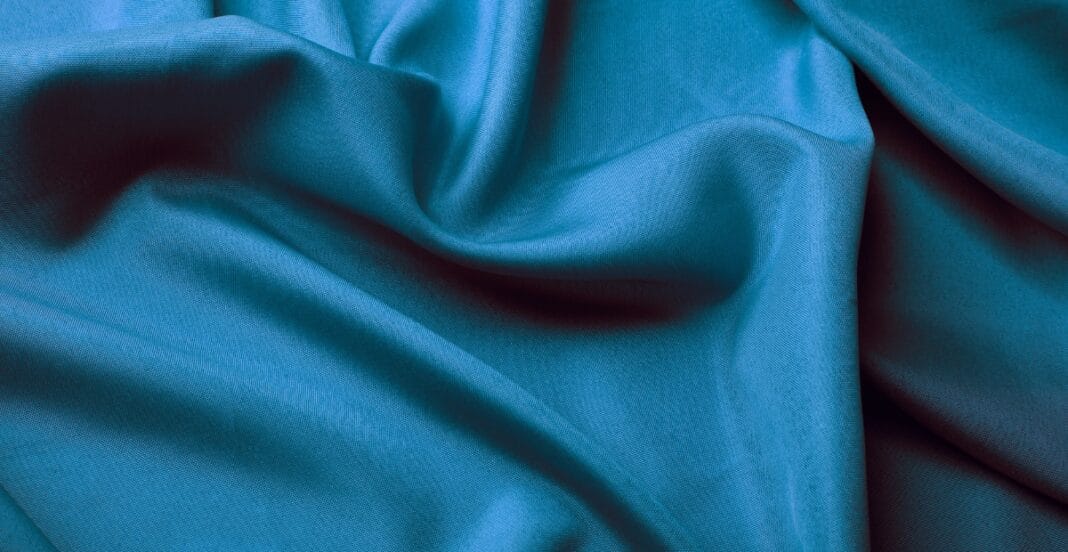The arrival of types spandex textiles has reshaped the fabric industry. Their remarkable stretch, comfort, and adaptability suit a broad range of applications. From high-performance sports gear to form-fitting swimwear, these materials influence daily wardrobes. Whether you are simply curious or working on a design project, this article breaks the subject down in approachable terms.
Table of contents
- Spandex Fabric Types
- Cotton Spandex: Soft Yet Strong
- Nylon-Spandex: Smooth, Sleek, and Dependable
- Polyester-Spandex: Lightweight, Tough, and Rugged
- Rayon-Spandex: Soft, Flowing, and Graceful
- Modal-Spandex Blend: Soft, Breathable Luxury
- Powernet Spandex: Firm, Flexible Support
- Mesh Spandex: Light and Airy Breathability
- Jacquard Spandex: Stylish and Textured
- Velvet Spandex: Rich and Stretchy
- Why Spandex Fabric Types Matter
- Caring for Spandex Fabric Types
- Spandex Fabric Types in Everyday Use
- Conclusion
- FAQs
Spandex Fabric Types
Spandex fabrics are well known for their outstanding elasticity. Though they all share that core feature, each type serves a distinct purpose and aesthetic. Makers routinely blend spandex with other yarns to enhance fit and freedom of movement. As you continue reading, you will discover the surprising variety of roles spandex plays.
You will spot spandex in leggings, bodysuits, cycling shorts, and even theatrical gloves. The fiber stretches far and returns to shape after every wear. It resists wrinkling and shrugs off many of the scars that shorten a garments life. For these reasons, spandex textiles remain a mainstay in both fashion runways and sports arenas.
Cotton Spandex: Soft Yet Strong
Cotton-spandex blends unite the natural softness of cotton with light, resilient stretch. The resulting hand feels gentle against the skin while hugging the body without constricting. These blends breathe well and adapt comfortably from morning to evening. Designers rely on them for casual shirts, everyday pants, and versatile gym wear.
This particular blend of spandex stretches generously yet feels utterly natural against the skin. It easily switches between casual and active wardrobes. The cotton component keeps the wearer cool, and the spandex grants freedom of movement. That balance is why it excels in both leisurely moments and more dynamic pursuits.
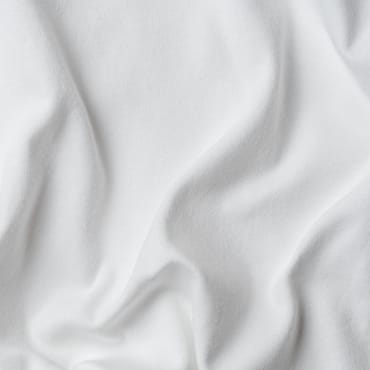
Nylon-Spandex: Smooth, Sleek, and Dependable
A nylon-spandex mix delivers a noticeably smooth, slightly lustrous surface. Designers frequently rely on it for swimsuits, cycling shorts, and close-fitting undergarments. The fabric conforms closely to the body, accentuating rather than constricting movement. Plus, it dries rapidly and retains its shape through repeated wear and washing.
Because of that sleek hand, the blend suits any wardrobe reliant on seamless silhouettes. Even in humid or splash-prone environments, the nylon’s natural moisture resistance remains an advantage. If the goal is something utterly form-hugging and quick to dry, this combination rarely disappoints.
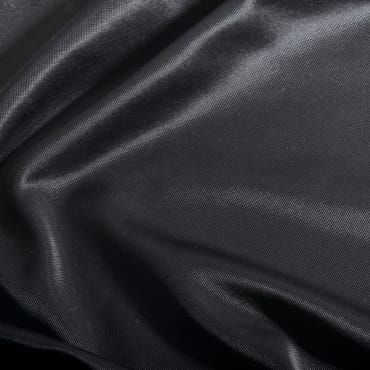
Polyester-Spandex: Lightweight, Tough, and Rugged
Polyester-spandex blends yield athletic garments that shrug off daily wear. Thanks to the durable yarn, they resist fading, stretching, or shrinking after countless washes. The resulting fabric remains light, packs small for travel, and retains bright color season after season. That reliability explains its widespread use in performance leggings and active tops.
Quick-drying polyester also wicks perspiration away from the skin. Beyond the gym, the cloth feels smooth rather than overly soft, striking a nice balance. Wearers appreciate its versatility in both warm and brisk climates. Best of all, it launders easily and requires very little ironing or special care.
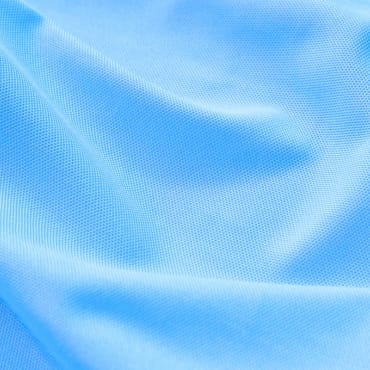
Rayon-Spandex: Soft, Flowing, and Graceful
A rayon-spandex blend offers an exceptionally soft, almost silky touch. The lightweight yarn drapes softly over curves without clinging uncomfortably. Designers love using it for dresses, wrap tops, and tailored tees that hint at polish. Wearers enjoy its quiet comfort, which is paired with a whisper of understated elegance.
Because it drapes loosely, the fabric has a gentle, flowing silhouette. Likewise, rayon accepts dye exceptionally well, producing prints that appear deep and vivid. Wearers love it when style and ease-of-movement sit comfortably together.
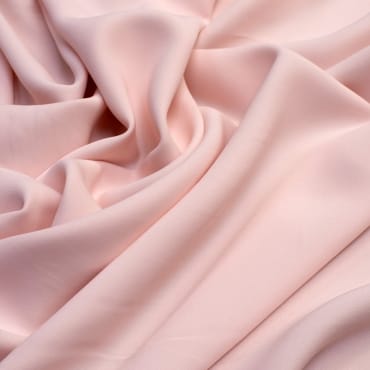
Modal-Spandex Blend: Soft, Breathable Luxury
Modal-spandex starts with wood pulp from beech trees. Its fiber production leaves a lighter ecological footprint than many others. The result is a fabric that feels silky yet proves remarkably durable. Designers choose it for upscale lounge sets and travel pieces.
The blend stays cool next to the skin even in heat. It shrinks little and resists pills from frequent wear. That reliability, partnered with a plush hand, elevates everyday looks. Users praise the blend for offering luxury without excessive fuss.
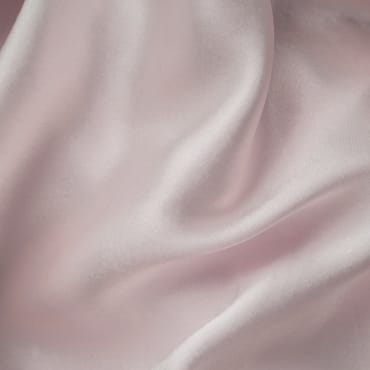
Powernet Spandex: Firm, Flexible Support
Powernet delivers firm, all-around compression across the body. It keeps everything in place without restricting essential movement. Dressmakers turn to it for shapewear, high-impact bras, and some medical aids. Doing its job quietly, it shapes while letting the wearer breathe.
Tight as it is, the knit stretches back quickly. Patterns are engineered to outline curves without poking edges into skin. As a result, garments remain stable during twists, turns, or even long sits. That thoughtful balance makes Powernet the go-to for body-hugging styles.
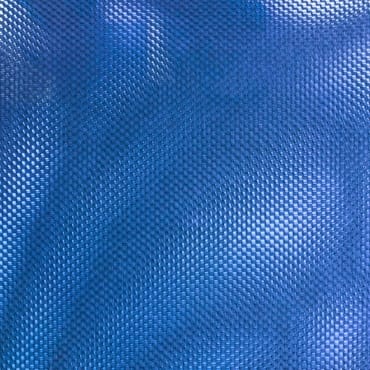
Mesh Spandex: Light and Airy Breathability
Mesh spandex opens tiny vents for constant airflow. Sprinting tops, cycling shorts, and dance leotards count on it. The transparent appearance signals speed, letting the wearer cool almost instantly. Weightless in feel, the fabric nearly disappears when layered.
This material moves with the body and stands up to heavy use. Designers cut it into sheets or sew it into entire ensembles. Wearers enjoy both fresh airflow and generous flex. For that reason, most serious athletes reach for it when training gets tough.
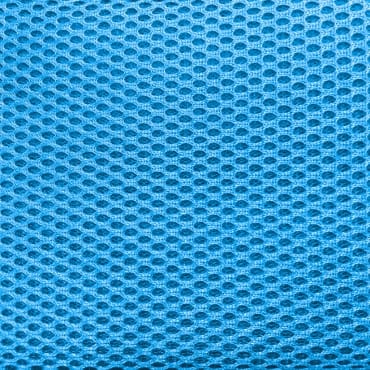
Jacquard Spandex: Stylish and Textured
Jacquard spandex features patterns woven right into the base cloth. Because of that method, the textile feels slightly thicker and more structured. Designers love it for tights, dresses, and theatrical costumes alike. The fabric deftly combines practical stretch with visible style.
It hugs the curves without losing shape, yet the surface remains eye-catching. Choose jacquard spandex whenever appearance is as vital as performance. Even the simplest garment gains a designer flair when sewn from this cloth.
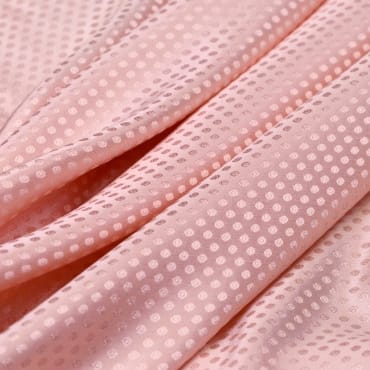
Velvet Spandex: Rich and Stretchy
Velvet spandex possesses a deep color and a velvety hand. The blend shines in evening wear, ballroom costumes, and club outfits. Luxurious light glides across the stretch surface as the wearer moves. The cloth balances opulence with everyday comfort.
It travels with the body and bounces back after every bend. Remarkably, the pile retains its plush look season after season. Velvet spandex makes bold statements yet lets the user dance freely. That combination is what many choose for formal affairs.
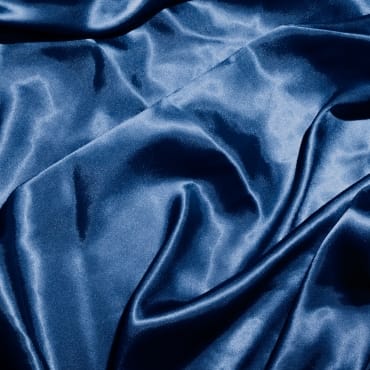
Why Spandex Fabric Types Matter
Different spandex variants cover different needs, from mobility to sheer comfort. Each weave, finish, or blend aims to support a specific activity. Knowing the difference helps both makers and customers select wisely. Pick the right kind and garments fit better, feel lighter, and perform longer.
You do not have to be a trained designer to choose fabric wisely. A little knowledge about material can make shopping faster and smarter. From workouts to casual wear, several spandex blends provide flexible answers.
Caring for Spandex Fabric Types
To extend the life of any spandex item, wash it gently. Use cool or lukewarm water, and skip bleach entirely. Whenever possible, air-dry pieces flat. Hot dryers or irons destroy the fibers stretch.
Store spandex garments hanging or folded without twisting. Never wring them out after wash. These small habits preserve shape and comfort. Consistent care really does lengthen wear.
Spandex Fabric Types in Everyday Use
Spandex shows up far more than most people realize. From supportive leggings to fitted work blouses, it is everywhere. The stretch helps garments hold their shape and move with you. Though often invisible, the comfort is immediately felt.
That flexibility has changed modern clothing design. Stiff fibers bend instead of break because of spandex. It now lives in almost every closet around the globe.
Conclusion
Stretch fabrics have truly altered everyday clothing. They combine softness with movement and a broad range of looks. Whether blended with cotton or woven from fine nylon, a suitable option exists for nearly every task. Proper care preserves durability while maintaining the garments clean lines. Learning the qualities of each type enables wiser, more confident style decisions.
Read more what is spandex fabric
FAQs
They offer stretch and comfort without losing shape.
Polyester spandex is a top choice because it’s strong and dries fast.
Not usually. But some blends may irritate sensitive skin.

